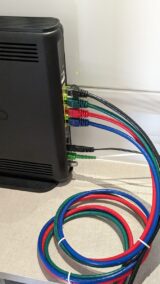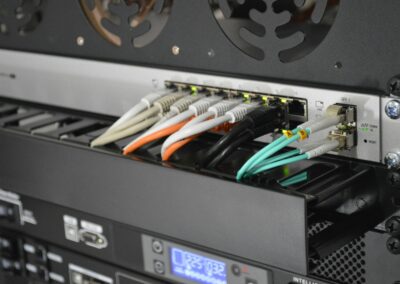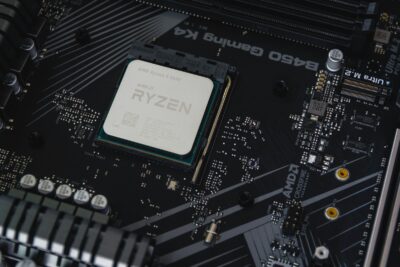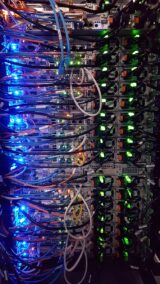Minimizing Network Congestion and Enhancing Bandwidth Efficiency
The Rising Tide of Data: A Challenge for Networks
The exponential growth of data generated by businesses and individuals alike has placed an immense strain on network Optimization. Centralized cloud computing models, while powerful, often lead to network congestion, increased latency, and bandwidth bottlenecks. This can hamper the performance of real-time applications, hinder productivity, and frustrate users. Edge computing offers a solution by bringing data processing closer to the source, thus minimizing the amount of data that needs to travel across the network.
Edge Computing: A Decentralized Approach to Network Optimization
Unlike traditional cloud computing models that rely on centralized data centers, edge computing distributes computing resources across a network of edge devices located closer to end-users and data sources. By processing data locally at the edge, edge computing reduces the burden on core networks and minimizes network congestion. This decentralized approach not only improves bandwidth efficiency but also reduces latency, enabling faster response times for applications that require real-time interactions.
Real-World Applications: Edge Computing in Action
The benefits of edge computing for network optimization are evident in various real-world applications. In the retail industry, edge devices can analyze customer behavior and preferences in real-time, personalizing shopping experiences and optimizing inventory management. In the manufacturing sector, edge computing can enable predictive maintenance of equipment, reducing downtime and optimizing production processes. In smart cities, edge devices can collect and process data from traffic sensors, enabling real-time traffic management and optimization.
Redefining Network Efficiency: The Edge Computing Advantage
Edge Computing and 5G: A Powerful Synergy
The advent of 5G networks, with their promise of high-speed connectivity and low latency, is set to further enhance the benefits of edge computing. By combining 5G’s capabilities with edge computing’s decentralized processing power, organizations can achieve unprecedented levels of network optimization. This synergy will unlock new possibilities for real-time applications, such as autonomous vehicles, augmented reality, and telemedicine, that require ultra-low latency and high bandwidth.
Edge Computing in the Oil and Gas Industry: A Case Study
In the oil and gas industry, where remote operations and vast amounts of data are the norm, edge computing is revolutionizing network efficiency. Edge devices deployed on oil rigs and pipelines can collect and process sensor data in real-time, enabling predictive maintenance, optimizing production processes, and improving safety. By minimizing the need to transmit massive amounts of data to centralized data centers, edge computing is not only reducing network congestion but also saving costs associated with data transmission.
The Future of Network Optimization: The Rise of Edge Computing
As data continues to grow at an unprecedented pace, the demand for efficient and optimized networks will only intensify. Edge computing, with its ability to process data locally, minimize network congestion, and reduce latency, is poised to play a pivotal role in meeting this demand. By embracing edge computing, organizations can unlock new levels of network efficiency, improve the performance of their applications, and stay ahead of the curve in the digital age.
Edge Computing: A Catalyst for Digital Transformation in the Middle East
The Middle East, with its rapidly growing economies and increasing reliance on digital technologies, is well-positioned to benefit from the advantages of edge computing. Countries like Saudi Arabia and the UAE, with their ambitious smart city initiatives and focus on technological innovation, are already investing in edge computing infrastructure. By leveraging the power of edge computing, businesses and governments in the region can optimize their networks, drive digital transformation, and achieve sustainable growth.
A Competitive Edge: Edge Computing for Business Success
In today’s fast-paced and competitive business landscape, organizations that can harness the power of edge computing for network optimization will have a distinct advantage. By minimizing network congestion, reducing latency, and improving bandwidth efficiency, edge computing can enable businesses to deliver superior customer experiences, streamline operations, and drive innovation. Embracing edge computing is not just about staying ahead of the curve; it’s about unlocking new opportunities for growth and success.
#EdgeComputing #NetworkOptimization #NetworkCongestion #BandwidthEfficiency #DataProcessing #LatencyReduction #RealTimeApplications #CloudComputing #DistributedComputing #5G #OilAndGas #MiddleEast #DigitalTransformation #BusinessSuccess























